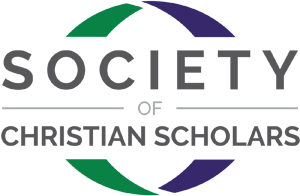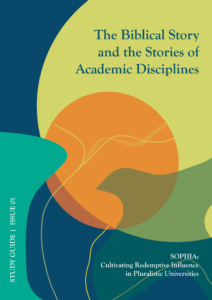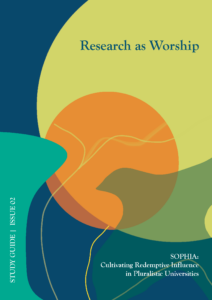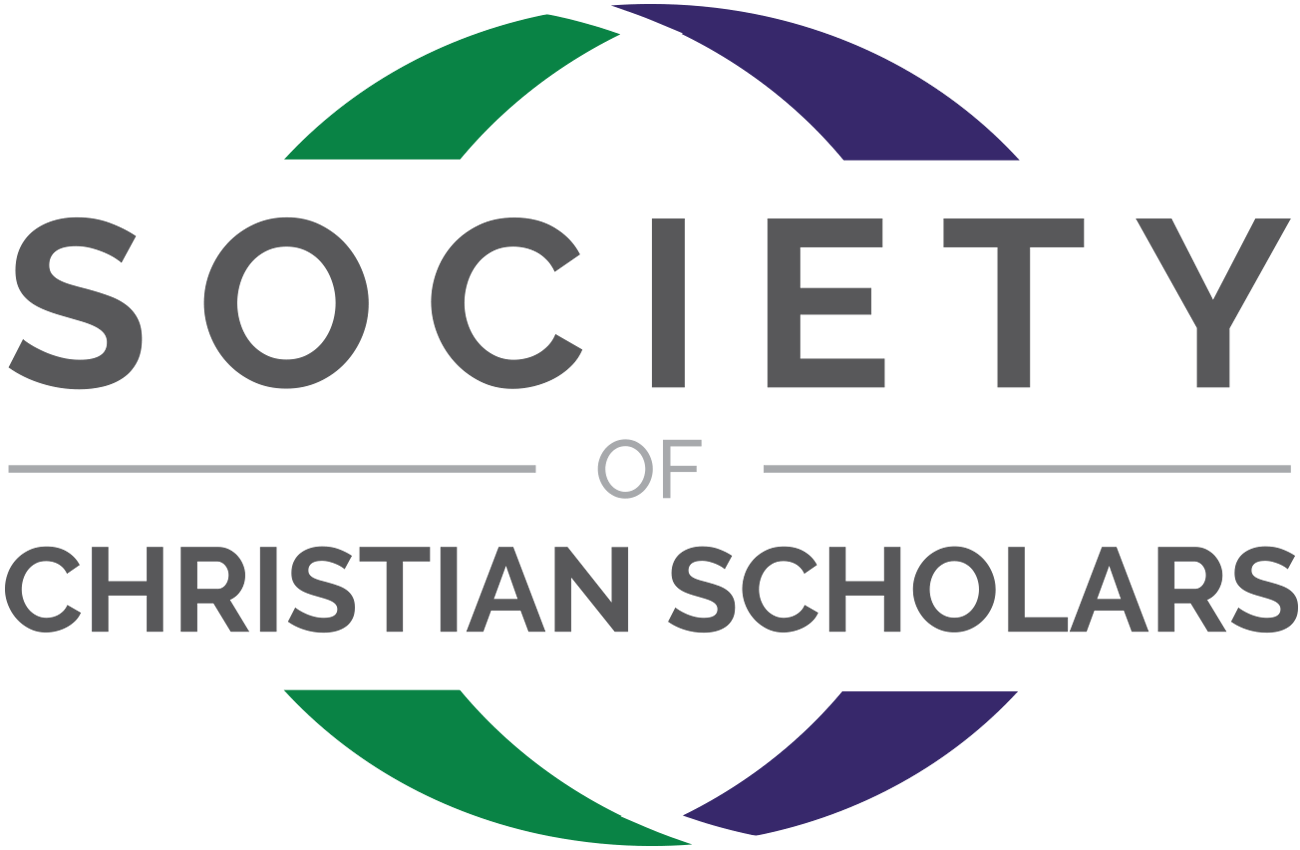SOPHIA
Cultivating Redemptive Influence in Pluralistic Universities
The SOPHIA Study Guide Series explores ideas, themes, and practices to equip Christian academics in pluralistic universities for redemptive influence among students, colleagues, and the various disciplines of the academy.
By nurturing the competencies, capacities, and characteristics discussed in these guides, we hope users will transform their teaching, research, and service in ways that reflect the mind of Christ in their cultural contexts.
Such efforts not only reveal God’s wisdom but participate in God’s redemptive and liberative purposes for the university and society.
These study guides are organized around five broad themes:
The integration of faith and scholarship is the process by which Christian academics from every discipline seek to discern how ‘all the treasures of wisdom and knowledge are hidden in Christ’ (Col. 2:3). Integration is about discerning how various aspects and concepts of particular academic disciplines hold together, not only within their respective academic fields but across academic disciplines. This happens through a dialogical process with God, ourselves, others, and the world.
Study guides under this theme seek to bring a living faith, grounded in biblical and theological resources, to bear on the assumptions, practices, and purposes of various academic disciplines while exploring how our academic disciplines might shape our understanding of God, the world, ourselves, and others.
Christian academics recognize the intertwining of scholarship with the spiritual life. They know that the fruit of the Spirit is essential to their vocation. Because the pluralistic university is filled with countervailing ideologies and idols, Christian scholars must be attuned to the Holy Spirit so that they can discern what is true and resist what is not (Phil. 4:8-9). Practicing spiritual disciplines in community with other Christ-followers refreshes and sturdies the soul.
Study guides under this theme explore the ways in which the habits of spiritual disciplines inform our scholarly practices. These study guides open conversations about
how to nurture the fruit of the Spirit in our teaching, research, and service in our institutions and communities. They also reinforce the communal nature of the spiritual journey as opposed to isolation, as we bear one another’s burdens.
If Christian scholars are to engage cultures effectively with humility, boldness, and sensitivity, attaining a measure of socio-cultural understanding, whether of one’s home or host culture(s), is crucial. Acquiring such understanding is no easy task. It takes time, patient study, keen observation, and humble listening to God and others.
Study guides under this theme examine communication strategies and how to create ‘thick’, interdisciplinary descriptions so as to locate human actions and cultural artefacts within broader socio-cultural narratives and contexts, and ultimately within the biblical context. Socio-cultural understanding is essential to make possible loving, culturally appropriate interactions with students, colleagues, and communities.
Christian academics pursue vocational excellence so as to bring God’s wisdom to bear in the pluralistic university. These vocational efforts seek to weave shalom into their teaching, research, and service so that God is glorified in human beings who are fully alive (Jn 10:10). All work that lifts up, liberates, and empowers humanity is understood to be of value and worth, bringing dignity to the work and the worker.
Study guides under this theme explore the habits, practices, and virtues needed for vocational excellence, including a variety of approaches to weaving biblical truth into syllabi, philosophies of education, research agendas, university-community relationships, and other
aspects of university life.
Christian academics are relationally attuned to others and are ready to serve as leaders in their universities. Being attuned to others requires, first, an understanding of self that is rooted in the knowledge of God and in growing relationships with others. To lead others effectively, one must first understand how to discipline and lead oneself.
Study guides under this theme investigate the triad of God-self-others in the world and how these relationships lead to wisdom. Such wisdom is crucial for engaging the university community with truth and love, whether in personal evangelism, the classroom, service to colleagues, or one’s local socio-cultural context.
These guides are not intended to be read in one sitting. They should be treated more like Bible devotionals — read a relatively short passage and then reflect or meditate on it over the next day or two.
If you decide to use the study guides individually, you can read sections on a daily or weekly basis, allowing for reflection during the week and perhaps even incorporation into your academic practices. Consider keeping a journal or writing a blog on how God is transforming you for redemptive influence in the university context.
If you decide to meet with a small group, perhaps monthly, the study guides can provoke insightful conversations through which you can share and encourage others, either orally during the meeting or in writing afterwards. If you’re leading the small group, consider the following steps.
1. Prepare before the meeting by praying and studying the material.
2. Be hospitable, welcoming, and open to new ideas.
3. Listen to the group and allow everyone to participate if they so choose.
4. Stay in contact with group members. Become a learning community where you can grow and support each other.
The study guides might also be useful in workshops, seminars, or retreat settings where Christian academics have set aside several hours for intense discussion and reflection. They may be helpful in generating academic conference themes and ideas, or they could be used in small group discussions to explore the conference themes in greater depth.



